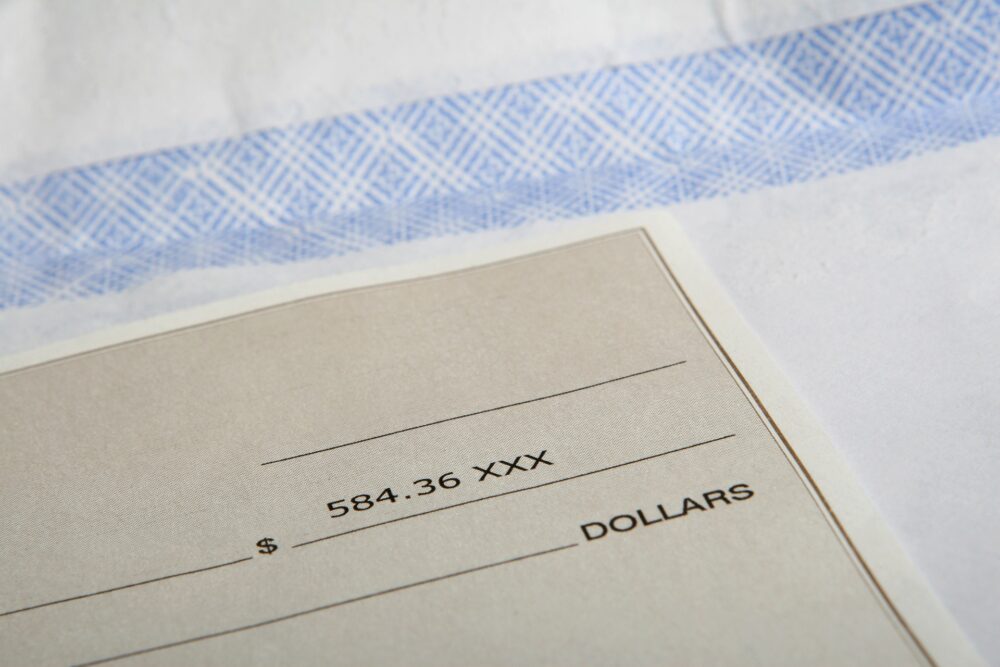While data breaches at PayPal and T-Mobile are making headlines, a new version of an old con (check fraud) is leading some experts to call 2023 the year of the scam.
Consumers lost over $5.8 billion in various frauds in 2021, according to Federal Trade Commission (FTC) annual report. That is a 70 percent increase over the previous year. When the next report comes out next month, the numbers are expected to be higher.
Calling 2022 “a year like no other,” Frank McKenna, chief fraud strategist at Point Predictive told Bank Info Security, “We see a thing like check fraud – an ‘old technology’ type of fraud – become the number one type of fraud. Who would have guessed that?”
McKenna has no doubts about check fraud’s future.
“I think check fraud is going to hit $24 billion or more this year,” said McKenna.“This will be a 50% increase from the last time it was measured in 2018. You are going to see banks start to implement newer technologies. You are going to see banks start to try to solve the problem of these identity theft and fake accounts that are getting in bank accounts and depositing these fake checks.”
Stolen Check Fraud
The stolen check fraud is an old scam that has made a comeback with a new twist. This racket involves using nail polish remover to remove the name of the payee and the amount paid on your personal check. Then the crooks fill in a new amount and cash it. Or, they upload an image of your “washed” check to sell on various sites on the darknet.
“Prices are typically $175 for personal checks and $250 for business ones,” according to David Maimon, founder of Georgia State University’s Evidence-Based Cybersecurity Research Group.
Wondering how thieves get your mail?
They may rifle through your mailbox or buy stolen keys to United States Postal Service drop boxes.
“We see [sellers] offering $1,000 to $7,000 a key, depending on the amount of mailboxes in the ZIP code,” Maimon told Axios.
Overpayment Check Fraud
Another form of check fraud is the overpayment scam. This gambit occurs when someone buys something from you, usually online, and sends you a check for more than the agreed price. Next, the con artist contacts you to point out their “error”. Then they suggest you cash the check and send them the difference via a prepaid debit card or wire transfer.
This scam relies on a law that requires your bank to make funds from your deposit available in a timely manner. Because you see the money in your account, you feel safe in complying with the buyer’s request. However, a few days later the check bounces and you are out of the funds you returned.
Check Safety Measures You Can Take
- Do not send checks through the mail. Pay in person or online.
- Never accept a check for more than the selling price. Return the overpayment and ask for a new check for the exact price.
- If the buyer insists that you wire back funds – end the communication. There is little or no chance you can recover funds from a wire transfer or prepaid cards.
- Do not accept offers of “free” prizes that require you to pay a deposit or taxes upfront.
- Do not enter a foreign lottery. Playing a foreign lottery is illegal in the United States.
- Do not accept a work-from-home position that requires you to deposit a company check in your personal account – then asks you to send all or part of the funds to someone else.
- The American Banking Association suggests using multi-factor authentication on all financial accounts.
Read More:
- Tips for Preparing and Filing Your Small Business Taxes Correctly
- Effective Ways to Save Money on Business Taxes
- Should You Be Paying to File Your Taxes?
Come back to what you love! Dollardig.com is the most reliable cashback site on the web. Just sign up, click, shop, and get full cash back!
Image and article originally from www.savingadvice.com. Read the original article here.

